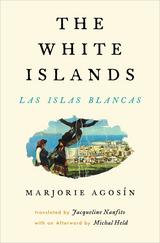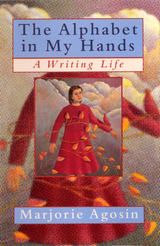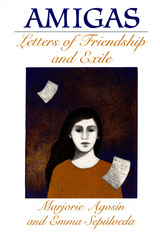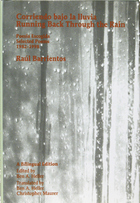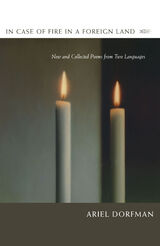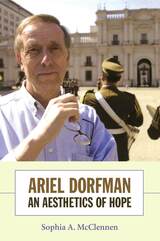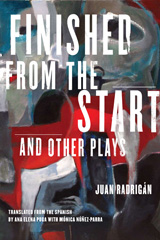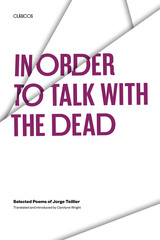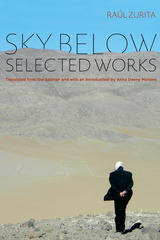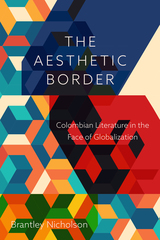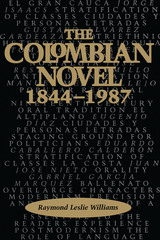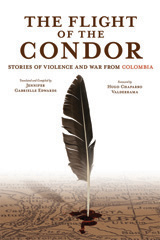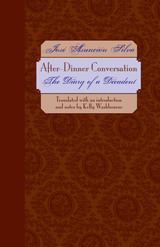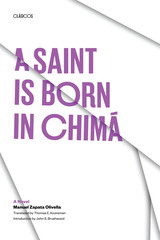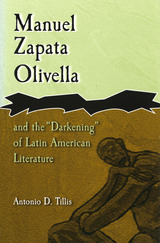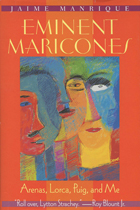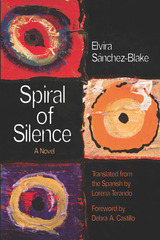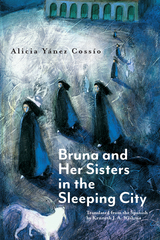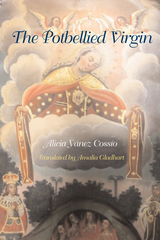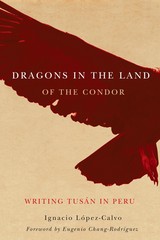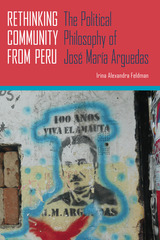The Flight of the Condor: Stories of Violence and War from Colombia
University of Wisconsin Press, 2007
eISBN: 978-0-299-22363-2 | Cloth: 978-0-299-22360-1 | Paper: 978-0-299-22364-9
Library of Congress Classification PQ8173.F55 2007
Dewey Decimal Classification 863.01089861
eISBN: 978-0-299-22363-2 | Cloth: 978-0-299-22360-1 | Paper: 978-0-299-22364-9
Library of Congress Classification PQ8173.F55 2007
Dewey Decimal Classification 863.01089861
ABOUT THIS BOOK | AUTHOR BIOGRAPHY | REVIEWS | TOC | EXCERPT | REQUEST ACCESSIBLE FILE
ABOUT THIS BOOK
After decades of violence of all kinds, what remains are the stories. History is revised and debated, its protagonists bear witness, its writers ensure that all the suffering has not been in vain. These stories from Colombia contain pain and love, and sometimes even humor, allowing us to see an utterly vibrant and pulsating country amidst so much death and loss. We encounter townspeople overcome by fear, a man begging unsuccessfully for his life, an execution delayed for Christmas, the sounds and smells of burning coffee plantations, and other glimpses of daily life.
This anthology reflects some of Colombia’s finest literary talent, and most of these stories appear here for the first time in English translation. They reveal the contradictions and complexities of the human condition, yet they also offer hope for the future. In their bold revelations of the depths of despair, these writers provide gripping portrayals of humanity’s tenacious resistance to those very depths.
This anthology reflects some of Colombia’s finest literary talent, and most of these stories appear here for the first time in English translation. They reveal the contradictions and complexities of the human condition, yet they also offer hope for the future. In their bold revelations of the depths of despair, these writers provide gripping portrayals of humanity’s tenacious resistance to those very depths.
Best Books for Regional General Audiences, selected by the American Association of School Librarians, and Outstanding Book, selected by the Public Library Association
See other books on: Anthologies (multiple authors) | Colombia | Colombian fiction | Flight | Violence in Society
See other titles from University of Wisconsin Press

